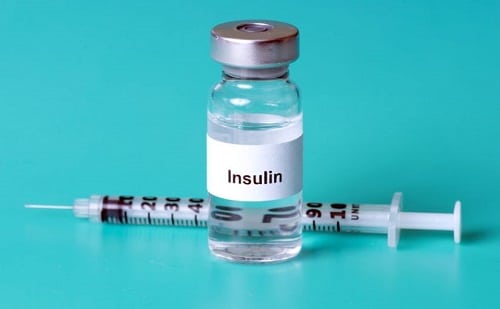What is animal insulin?
Animal insulin is an injectable drug that is derived from animal sources to help insulin-dependent diabetic patients, control their levels of blood sugar. It is important for diabetic patients to control their level of blood sugar since it helps them prevent complications like nerve damage, kidney problems and blindness. Animal insulin is usually derived from pigs and cows, and was the only insulin therapy option until the 1980s. Animal insulin is simply produced from the pancreas of animals, usually pigs and cows. After insulin is derived from these animals, it is purified so as to reduce the risk of an allergic reaction. Animal insulin is available as a prescription drug.
History of animal insulin
Before 1922, there was no medication that was used to treat patients with diabetes. The only known treatment for patients with diabetes was through a diet that is low in carbs and high in protein and fat. However, the real breakthrough came in 1921 when a group of researchers from Canada created the first injectable insulin. At that time, animal insulin injection caused pain and swelling at the injection site. This is because the animal insulin had variety of impurities. In the 1970s, animal insulin was purified, so as to reduce the undesirable injection-site reactions that were experienced with earlier versions of animal insulin. Later on, human insulin was developed, which replaced animal insulin as the main treatment for diabetic patients who require insulin therapy.
Animal insulin types
There are different types of animal insulin which are classified according to how fast they work in the body to control the level of blood glucose. Animal insulins are available as short-acting, intermediate-acting and long-acting insulin. Short-acting animal insulin has an onset time of 30 minutes and peaks after 3 to 4 hours. Intermediate-acting animal insulin has an onset time of 2 hours and a peak period of 6 to 12 hours. Long-acting animal insulin starts to work after 4 to 6 hours, while the maximum effect is felt between 10 to 20 hours.
The types of animal insulin are as follows:
- Short-acting insulin – Hypurin bovine neutral and hypurin porcine neutral;
- Intermediate-acting insulin – Hypurin bovine isophane and hypurin porcine isophane;
- Long-acting insulin – Hypurin bovine PZI and hypurin bovine lente;
- Premixed insulin – Hypurin procine 30/70
Your doctor will determine which type of insulin you should use. The speed of how animal insulin works in the body should match the speed at which your blood glucose level rises after eating a meal.
Side effects
Most patients who use animal insulin do not experience serious side effects. However, there are patients who have experienced undesirable effects after taking animal insulin. The most common side effect of animal insulin is hypoglycemia, with symptoms such as:
- Headache;
- Nervousness;
- Sweating;
- Hunger ;
- Dizziness;
- Shakiness.
Animal insulin can also cause blurred vision, allergic reactions, and weight gain. If you experience any of these side effects, contact your health-care provider for medical advice.
Disclaimer: Please note that the contents of this community article are strictly for informational purposes and should not be considered as medical advice. This article, and other community articles, are not written or reviewed for medical validity by Canadian Insulin or its staff. All views and opinions expressed by the contributing authors are not endorsed by Canadian Insulin. Always consult a medical professional for medical advice, diagnosis, and treatment.


